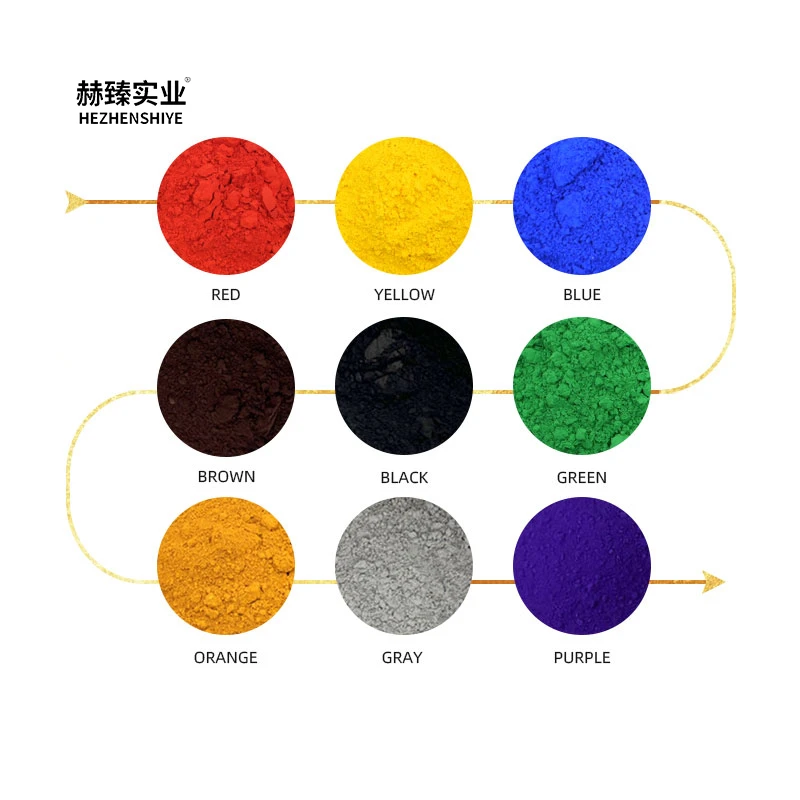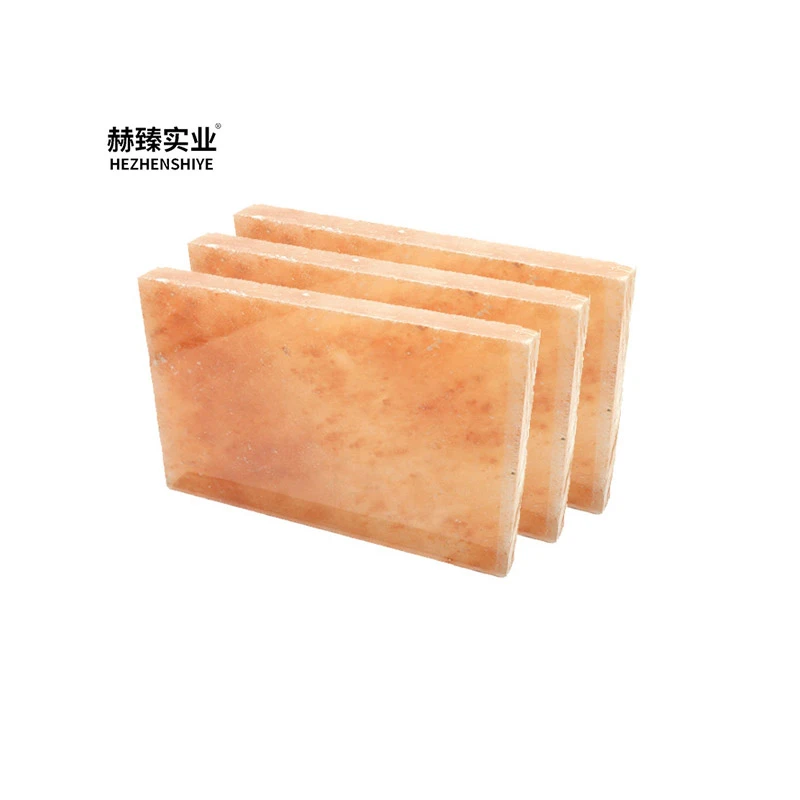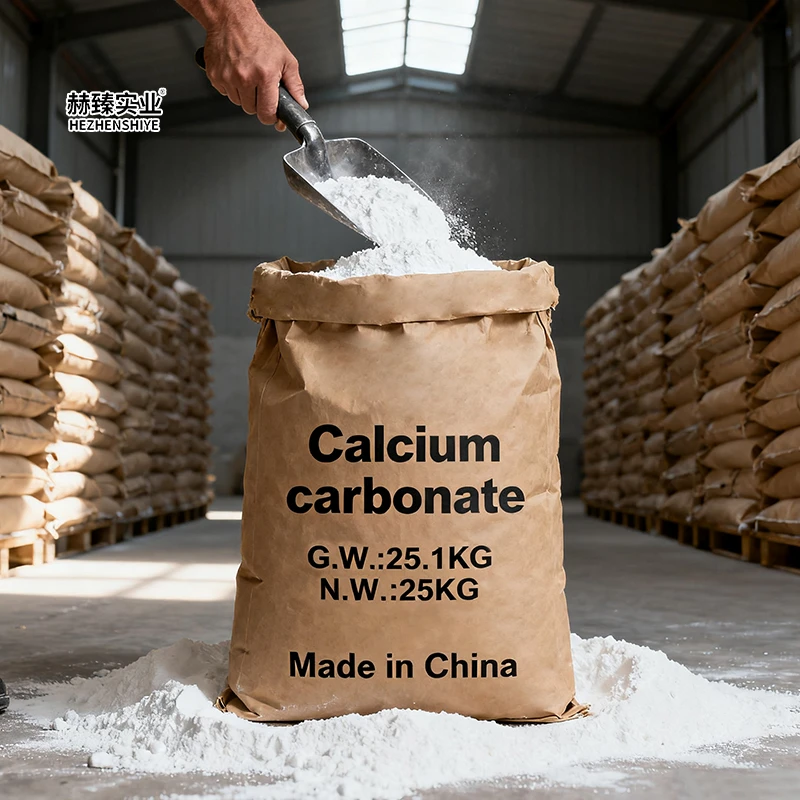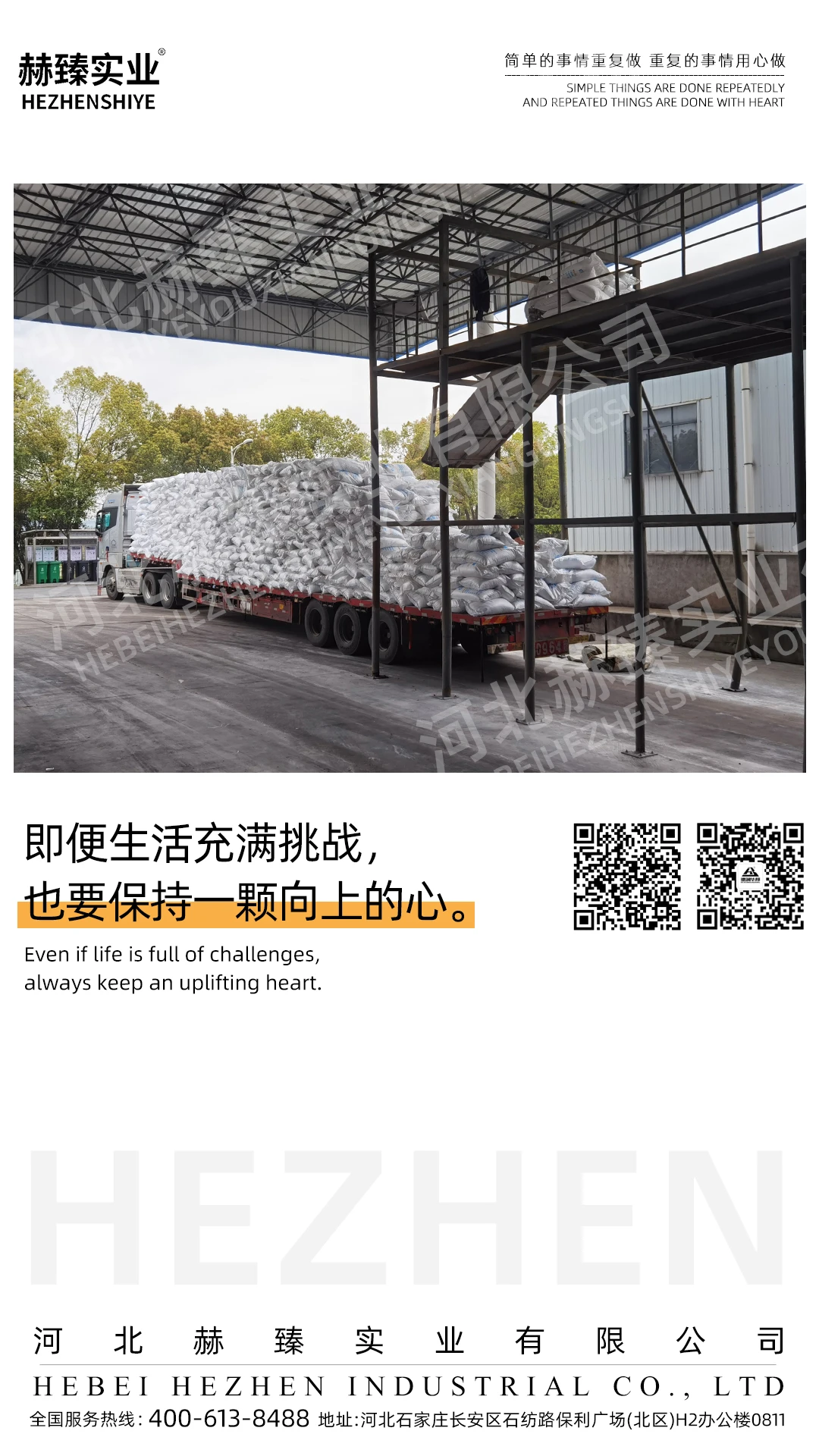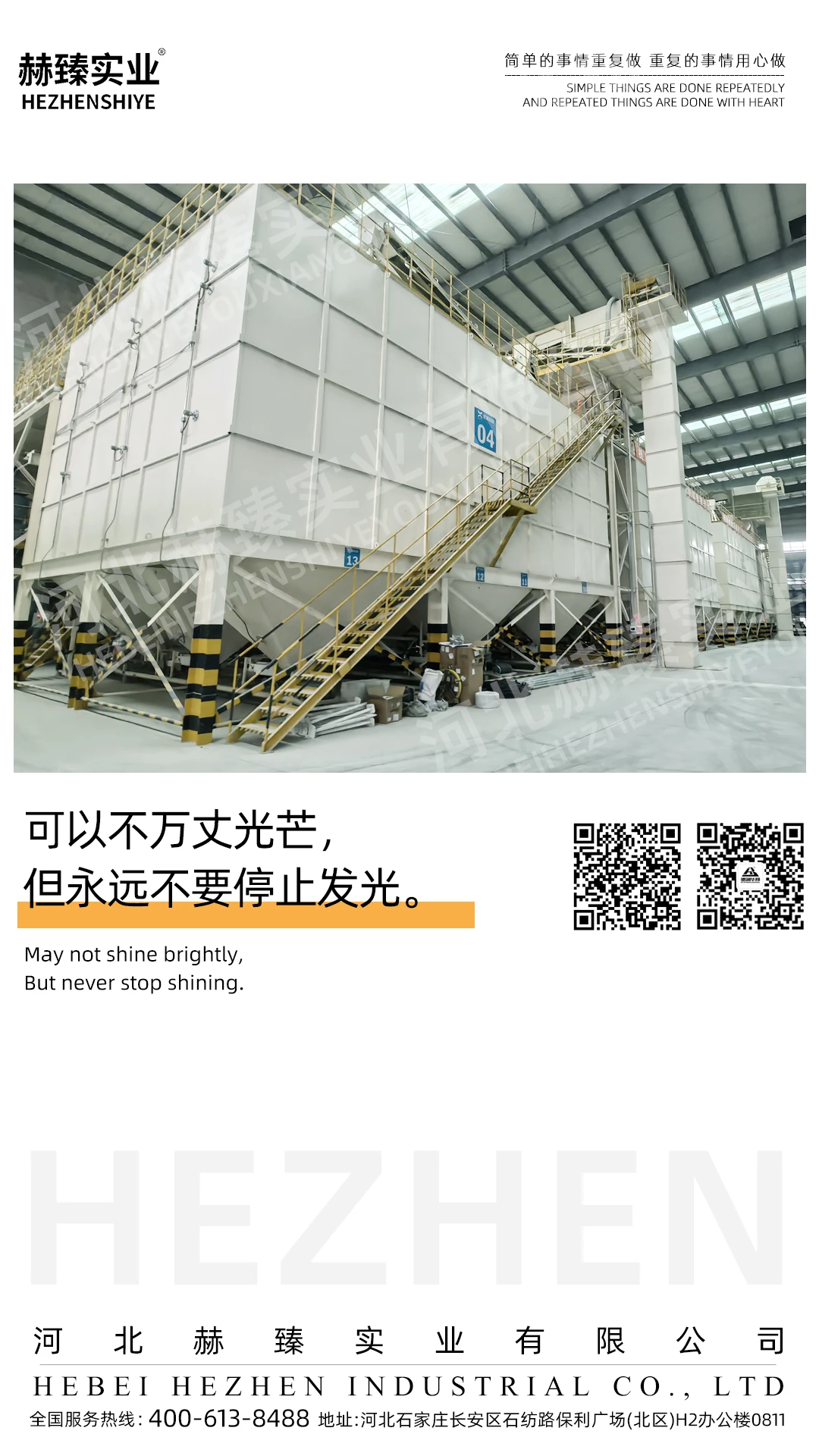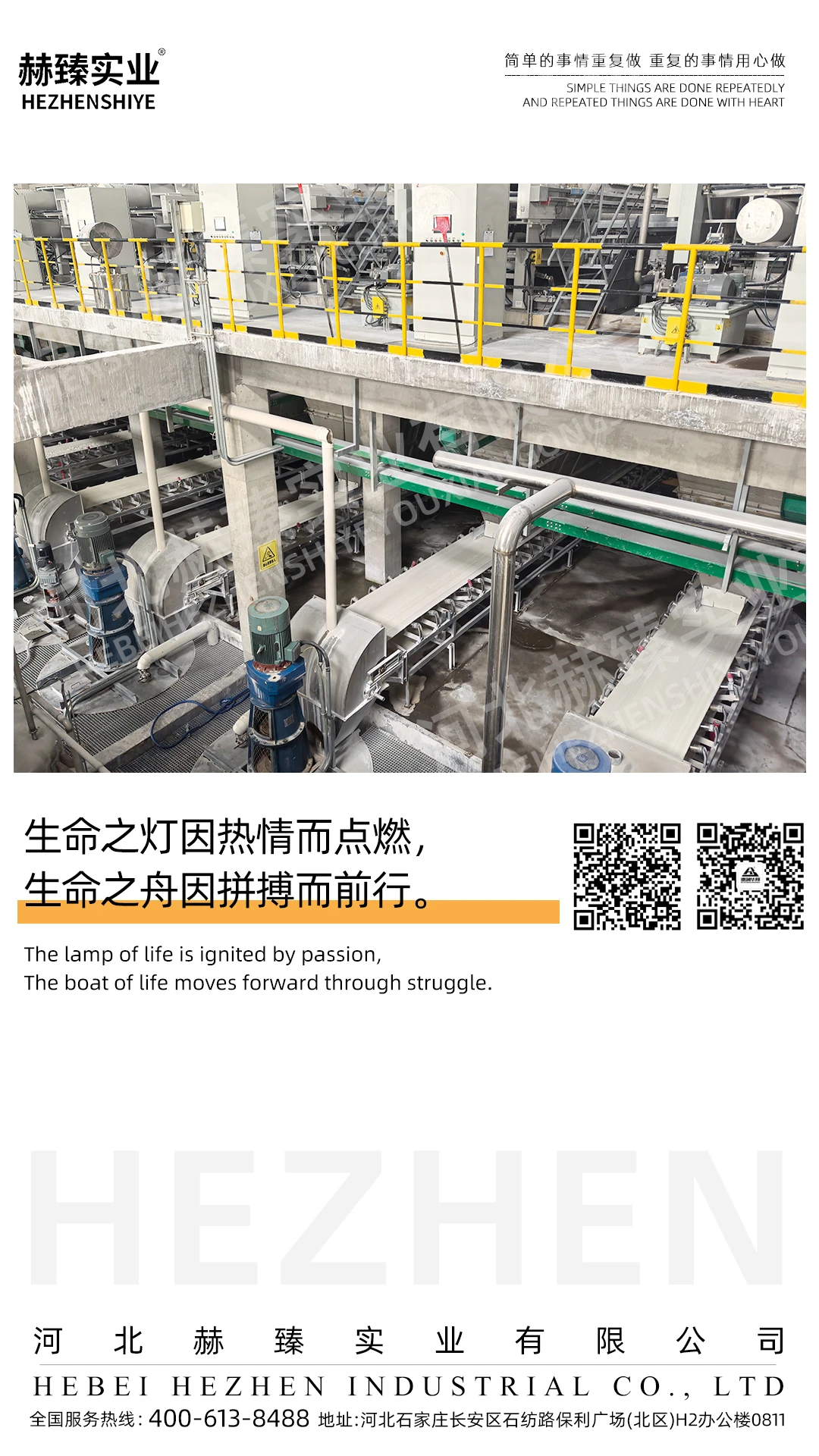Extruded Polypropylene Staple Fibers For Concrete Reinforcement And Crack Prevention In Commercial Building Construction
Polypropylene fiber has firmly established itself as an indispensable material in commercial building construction, playing a crucial role in reinforcing concrete and preventing cracks. In contrast to traditional steel fibers, which are heavy and susceptible to rust, polypropylene staple fibers provide the advantages of being lightweight and delivering long-lasting performance. They effectively tackle significant challenges in concrete construction, such as early-age cracking and the development of structural weaknesses over time. These fibers are predominantly sourced from major production centers in Zhejiang and Guangdong provinces. In these regions, advanced extrusion technologies guarantee a consistent quality that precisely meets the requirements of the building industry.
The manufacturing process of polypropylene staple fibers for concrete commences with raw polypropylene resin. This resin is melted and then forced through spinnerets, a process that transforms it into continuous filaments. Subsequently, these filaments undergo stretching to enhance their tensile strength. Following this, they are cut into appropriate short lengths, ideal for mixing into concrete. Surface modifiers are applied to improve the fibers' adhesion to cement matrices. This production method safeguards the fibers' natural properties, including resistance to water, chemicals, and UV radiation. As a result, polypropylene staple fibers are perfectly suited for both indoor and outdoor concrete applications in various commercial buildings, such as shopping malls, office towers, and exhibition centers.
When incorporated into concrete, polypropylene staple fibers form a three-dimensional network. This network evenly distributes stress throughout the material, preventing the formation of micro-cracks. Micro-cracks can be triggered by factors like temperature fluctuations, drying shrinkage, or mechanical loads. If left untreated, these micro-cracks can expand into larger structural cracks, compromising the integrity of the building. Builders have observed that concrete reinforced with these fibers retains its structural integrity for a significantly longer period. This reduces the necessity for expensive repairs and extends the lifespan of building components, including floors, walls, and columns. Moreover, the fibers enhance the concrete's impact resistance, enabling surfaces to endure heavy foot traffic and the regular use of equipment typical in commercial environments.
Across commercial building projects in China, whether it's the towering office blocks in Shanghai or the bustling retail complexes in Guangzhou, polypropylene staple fibers have become a standard addition to concrete mixtures. Contractors appreciate their user-friendly nature; these fibers blend seamlessly with concrete without the need for specialized equipment. They also exhibit excellent compatibility with other construction materials, such as cement, sand, and aggregates. Unlike steel fibers, polypropylene staple fibers do not conduct electricity and are resistant to corrosion. This makes them an ideal choice for areas exposed to moisture, like basement floors and parking garages.
The supply chains for polypropylene staple fibers are highly developed. Manufacturers in Zhejiang offer a wide range of packaging options, tailored to accommodate projects of all sizes. Small bags are available for minor renovation projects, while bulk shipments cater to large-scale construction endeavors. Technical support teams collaborate closely with builders, providing expert advice on the most suitable fiber lengths and mixing ratios. This ensures that the fibers perform optimally in specific applications. As the commercial construction industry increasingly demands durable and cost-effective solutions, polypropylene staple fibers are steadily gaining more popularity as a dependable choice for concrete reinforcement.
In industrial facilities, polypropylene fiber's versatility continues to shine. For instance, in the construction of warehouses and factories, the fiber-reinforced concrete floors can withstand the constant movement of heavy machinery and forklifts. The resistance to abrasion and impact provided by polypropylene fibers means that the floors maintain their surface integrity, reducing the need for frequent resurfacing. This not only saves on maintenance costs but also minimizes disruptions to the daily operations within these industrial spaces.
In the realm of infrastructure construction, polypropylene fiber has also made significant inroads. Bridges and overpasses, which are constantly exposed to the elements and heavy traffic loads, benefit greatly from the use of polypropylene fiber-reinforced concrete. The fiber's ability to prevent crack formation helps protect the structural components from water ingress, which can lead to further degradation of the concrete over time. By reducing the risk of cracks, polypropylene fibers contribute to the overall durability and safety of these vital infrastructure elements, ensuring they can serve their purpose for many years to come.
For road construction, polypropylene fiber offers a viable solution to combat common issues such as potholes and surface deterioration. When added to asphalt mixtures, polypropylene fibers enhance the material's strength and flexibility. This results in roads that can better withstand the repeated stress from vehicle tires, extreme temperature changes, and weather conditions. The fibers also improve the adhesion between the different components of the asphalt, preventing the mixture from breaking apart and extending the lifespan of the road surface. As a result, road maintenance costs are reduced, and the overall quality of the driving experience is improved.
In the construction of commercial greenhouses and horticultural structures, polypropylene fiber - reinforced concrete is utilized for its durability and resistance to environmental factors. These structures need to withstand strong winds, heavy snow loads, and exposure to various chemicals used in the horticultural process. Polypropylene fibers help maintain the structural integrity of the concrete, ensuring that the greenhouses and related structures remain stable and functional, protecting the valuable plants and equipment inside.
In the renovation of historical buildings, polypropylene fiber presents a modern solution that respects the heritage of the structures. When repairing or reinforcing parts of these buildings, traditional materials may not always provide the best long - term solution. Polypropylene fiber - reinforced concrete can be used in a way that is compatible with the existing architecture. It offers the necessary strength and crack - prevention capabilities without adding excessive weight or altering the aesthetic appearance of the historical building. This allows for effective restoration while preserving the building's historical charm and significance.
In the development of new urban areas, polypropylene fiber is playing an important role in creating sustainable building environments. Buildings constructed with polypropylene fiber - reinforced concrete require less maintenance over their lifetime, which in turn reduces the consumption of resources for repairs and replacements. The longer lifespan of these buildings also means less waste generated from demolition and reconstruction. Additionally, the energy efficiency of buildings can be enhanced as the crack - free concrete provides better insulation, contributing to a more sustainable and environmentally friendly construction approach.
The application of polypropylene fiber in the construction of sports facilities is another area where its benefits are highly valued. In the construction of stadium floors, running tracks, and tennis courts, polypropylene fiber - reinforced concrete and related materials ensure surfaces that are durable and safe for athletes. The fibers' ability to absorb shock and prevent cracks means that the surfaces can withstand the intense physical activity and repeated impacts associated with sports, reducing the risk of injuries for athletes and extending the usability of the facilities.
In the railway stations, and bus terminals, polypropylene fiber - reinforced concrete is used for various components. From the platforms and concourses to the walkways and service areas, the fiber - reinforced concrete provides a robust and long - lasting solution. It can handle the high volume of pedestrian and vehicle traffic, as well as the environmental stresses such as rain, sun, and temperature variations, ensuring the smooth operation and longevity of these important transportation infrastructure elements.
In the construction of large - scale data centers, polypropylene fiber - reinforced concrete is utilized for its strength and durability. These centers house sensitive electronic equipment and require stable and reliable building structures. The fiber - reinforced concrete floors and walls can withstand the weight of the equipment and the constant movement of personnel and materials. Moreover, the crack - prevention properties of polypropylene fibers help protect the interior environment from dust and moisture infiltration, which could potentially damage the electronic components. This ensures the continuous and efficient operation of the data centers.
In the creation of public spaces such as parks, plazas, and promenades, polypropylene fiber - reinforced concrete is used to construct durable and aesthetically pleasing features. Benches, pathways, and decorative elements made from this material can withstand the daily wear and tear from public use and the elements. The fibers' ability to prevent cracks not only enhances the structural integrity but also maintains the visual appeal of these public spaces, providing enjoyable and safe areas for the community to gather and relax.






